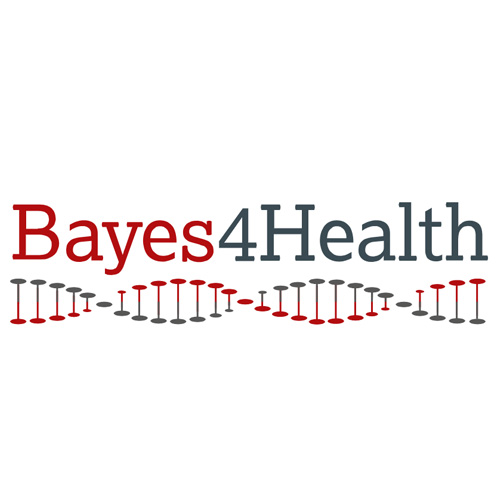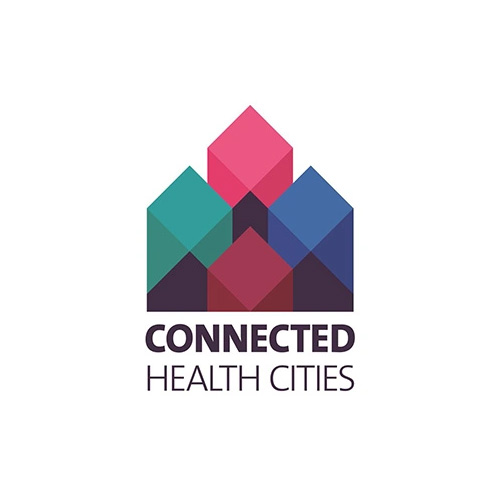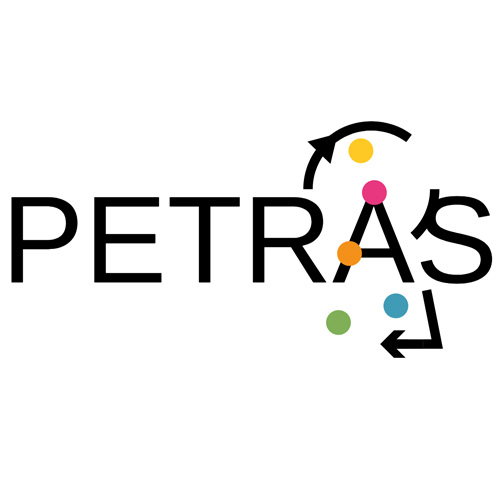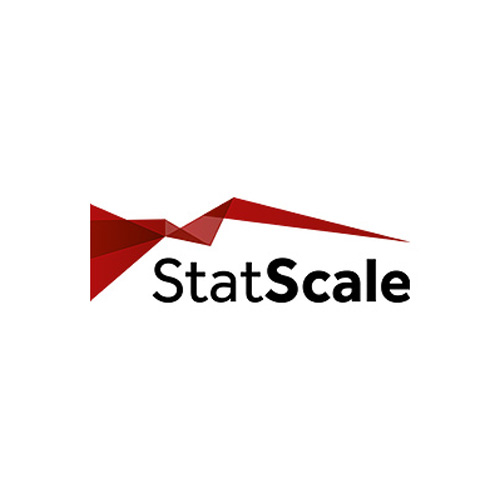Realist Evaluation of online mental health communities to improve policy and practice
When people experience mental health difficulties, they often look for help online. This has increased during Covid-19, because it has been harder to get in-person help. Online searches will lead them to a range of mental health peer forums (also called online communities). These are websites where people with a shared interest or concern can “post” messages to others and get their advice and support. Online forums can be very helpful. Some people report feeling less distressed, less alone, and more able to cope. However, others have reported feeling more distressed and less able to cope after using forums. We do not know why these differences occur. This means we do not know how to make forums better, or which ones should be offered to people seeking help.
We aim to find out: how online mental health forums work; why some work better than others; and why some people find them helpful and others do not. Based on what we find, we will work with people who use forums; people employed to support forums; and people who set up and fund forums; to develop tools to improve the design and support from online mental health forums.
Professor Fiona Lobban - Health Research


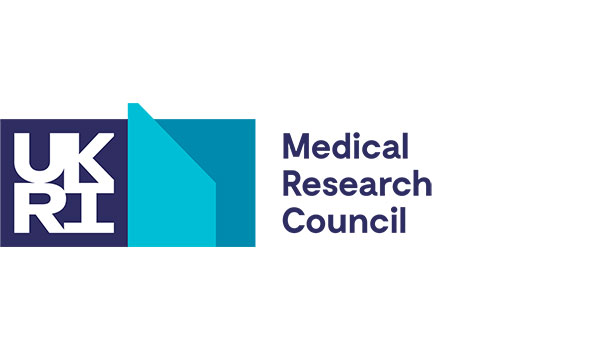
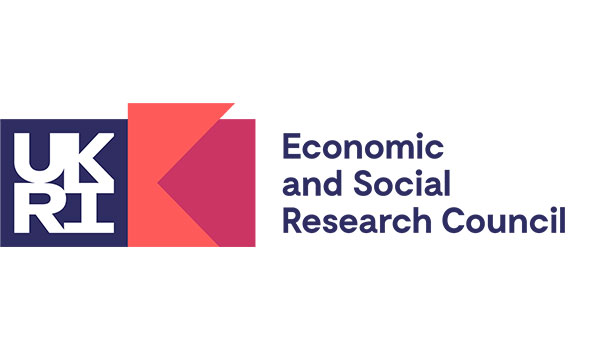



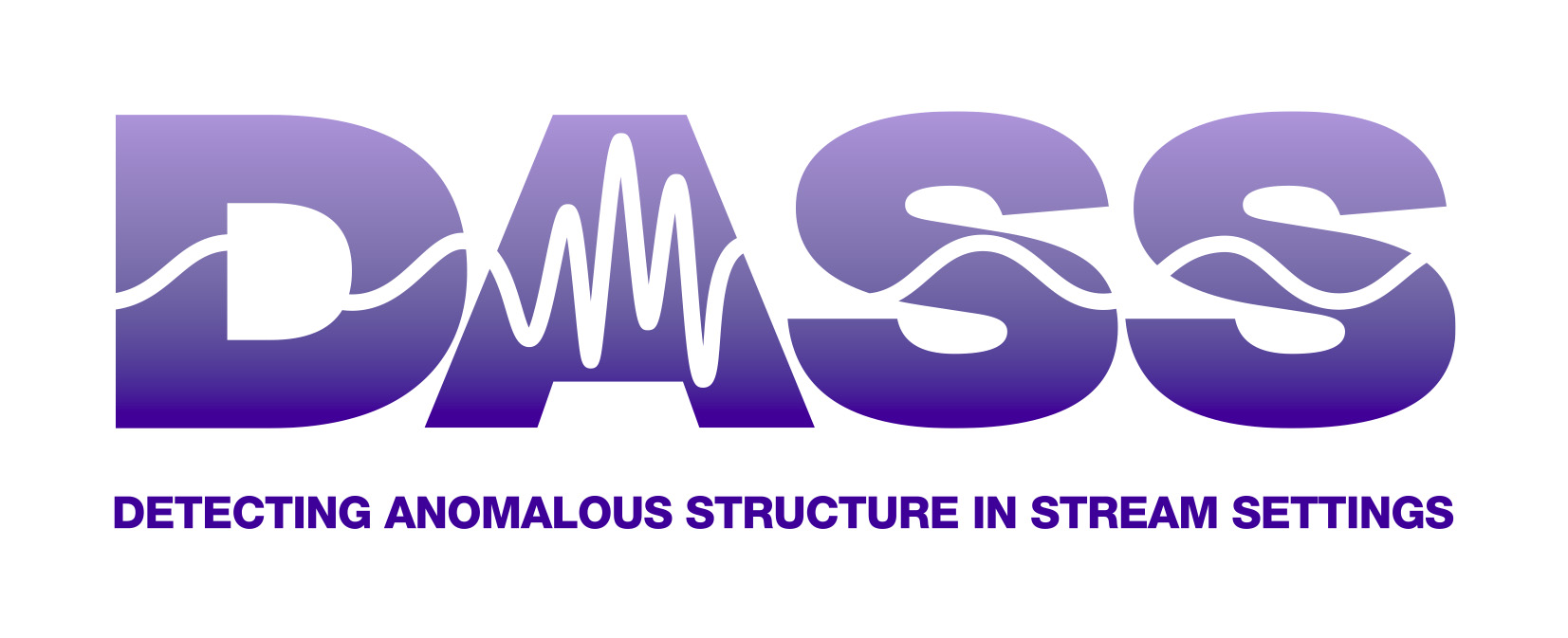


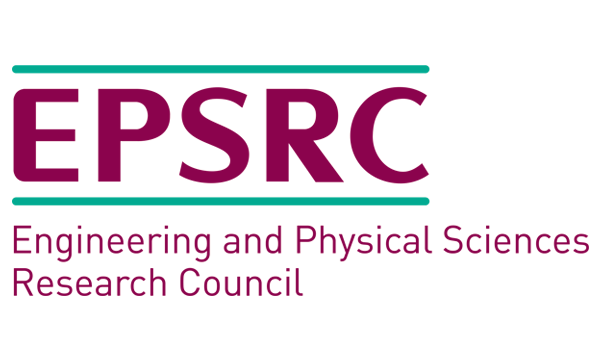





.png)



